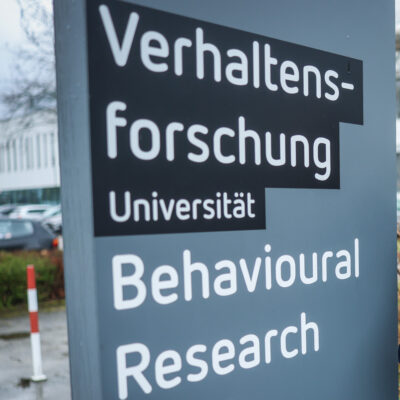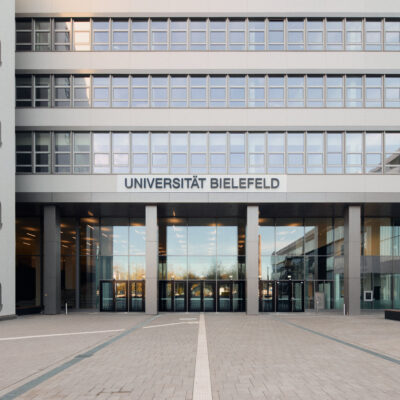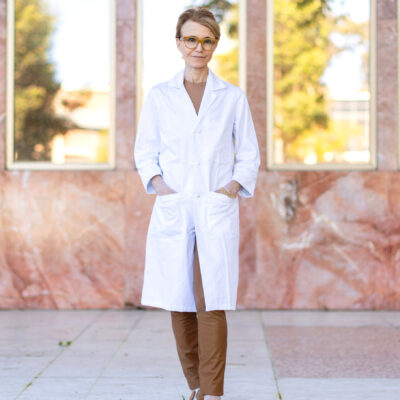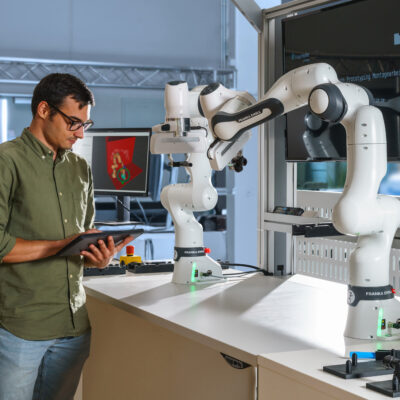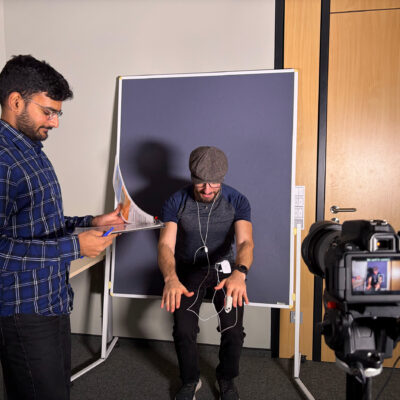For the second time since 1976, the Congress of the Deutsche Gesellschaft für Soziologie (German Sociological Association, DSG) is being held at Bielefeld University. During some 200 events, approximately 2500 researchers will explore the topic of ‘Polarized Worlds.’ The largest and oldest sociology conference in the German-speaking world runs from Monday to Friday on Bielefeld University’s campus through Friday. The conference kick-off was held at the Bielefeld City Hall.
Participants to the 41st Congress of the Deutsche Gesellschaft für Soziologie are investigating questions of how polarisation takes root in societies, as well as what facilitates or neutralises it. While the conference had been held online for the past two years, this year’s conference is now being held in person.
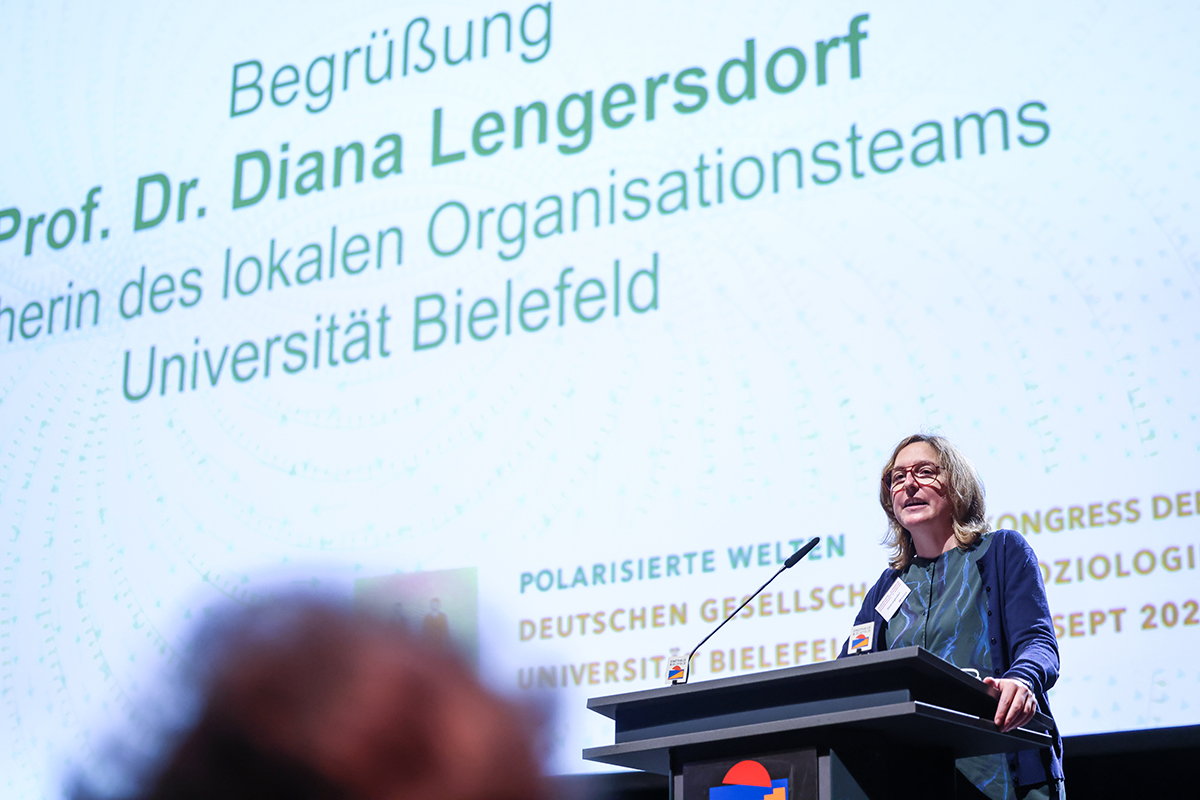
© Sarah Jonek
Professor Dr Diana Lengersdorf, of Bielefeld University’s Faculty of Sociology, welcomed participants to the Congress at Bielefeld’s City Hall on Monday. Lengersdorf is the spokesperson of the local organizing team for the Congress.
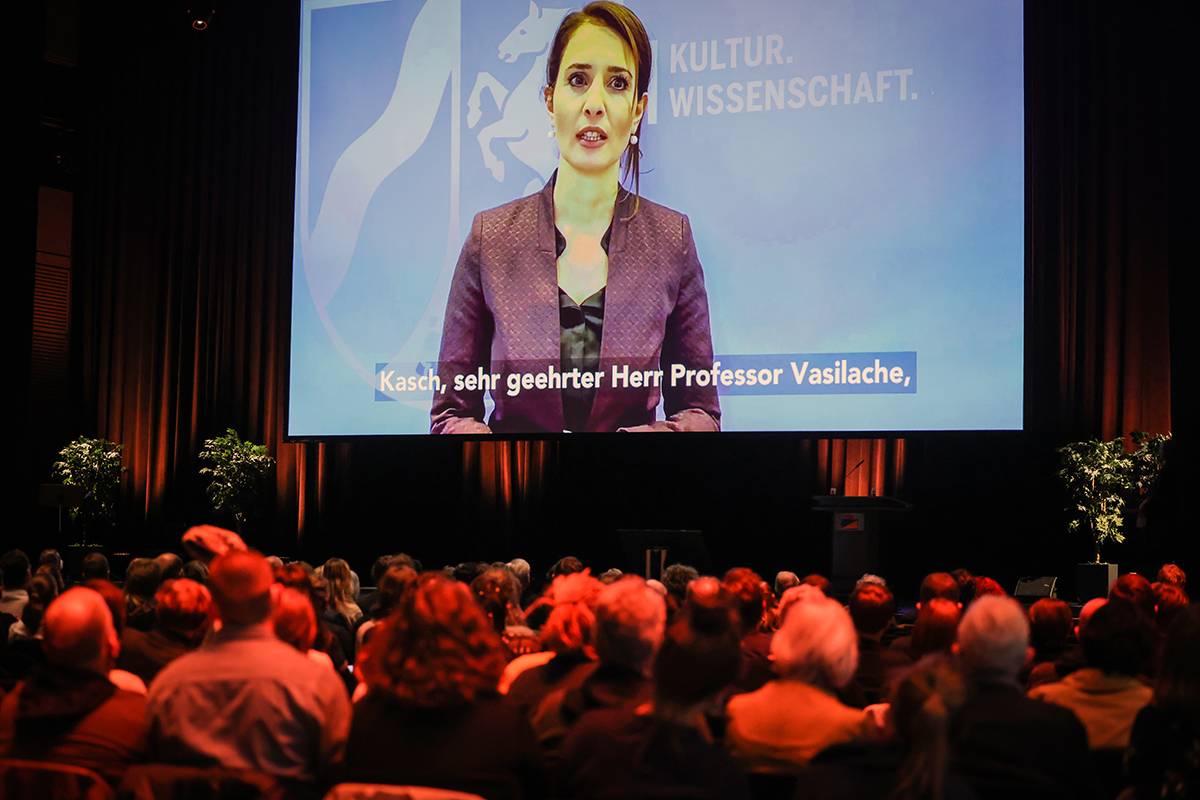
© Sarah Jonek
State Secretary Gonca Türkeli-Dehnert also welcomed conference participants. Türkeli-Dehnert is the State Secretary in the Ministry of Culture and Science of North Rhine-Westphalia.
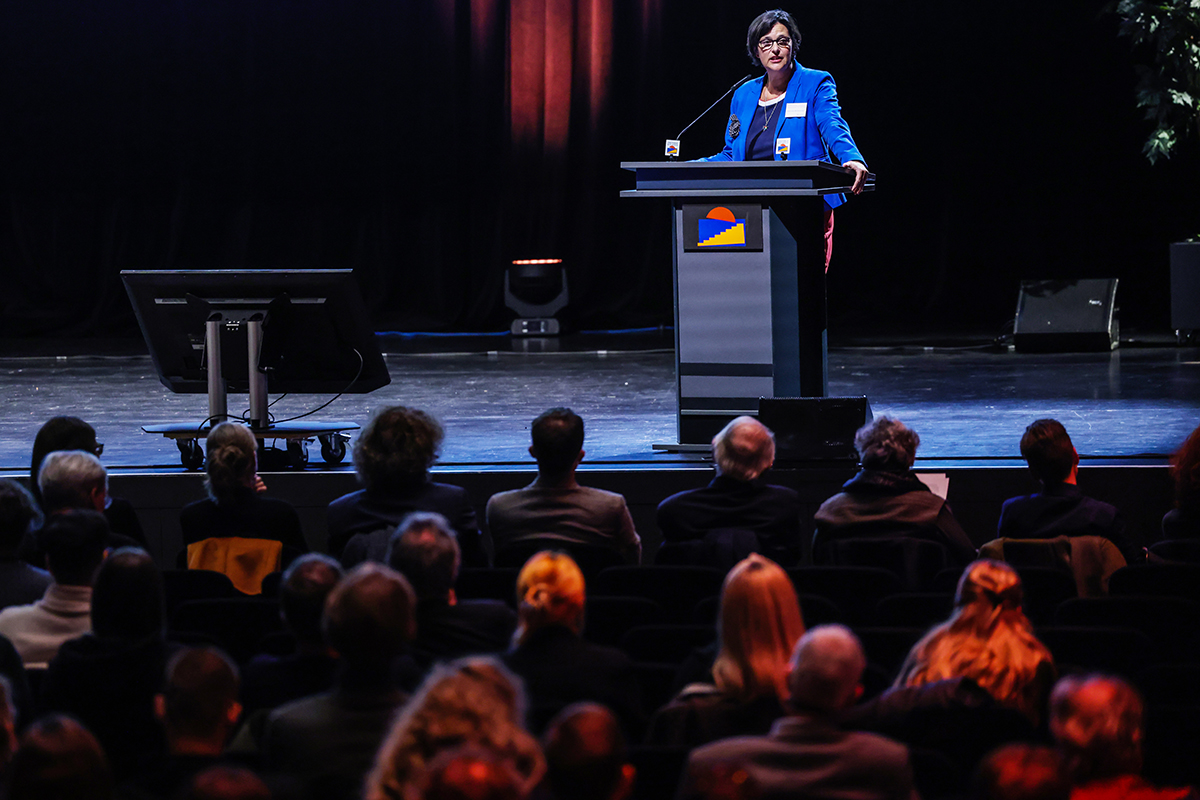
© Sarah Jonek
Professor Dr Paula-Irene Villa Braslavsky, Chairwoman of the Deutsche Gesellschaft für Soziologie, referenced the theme of the congress in her opening speech, explaining why societal polarisation is on the rise.
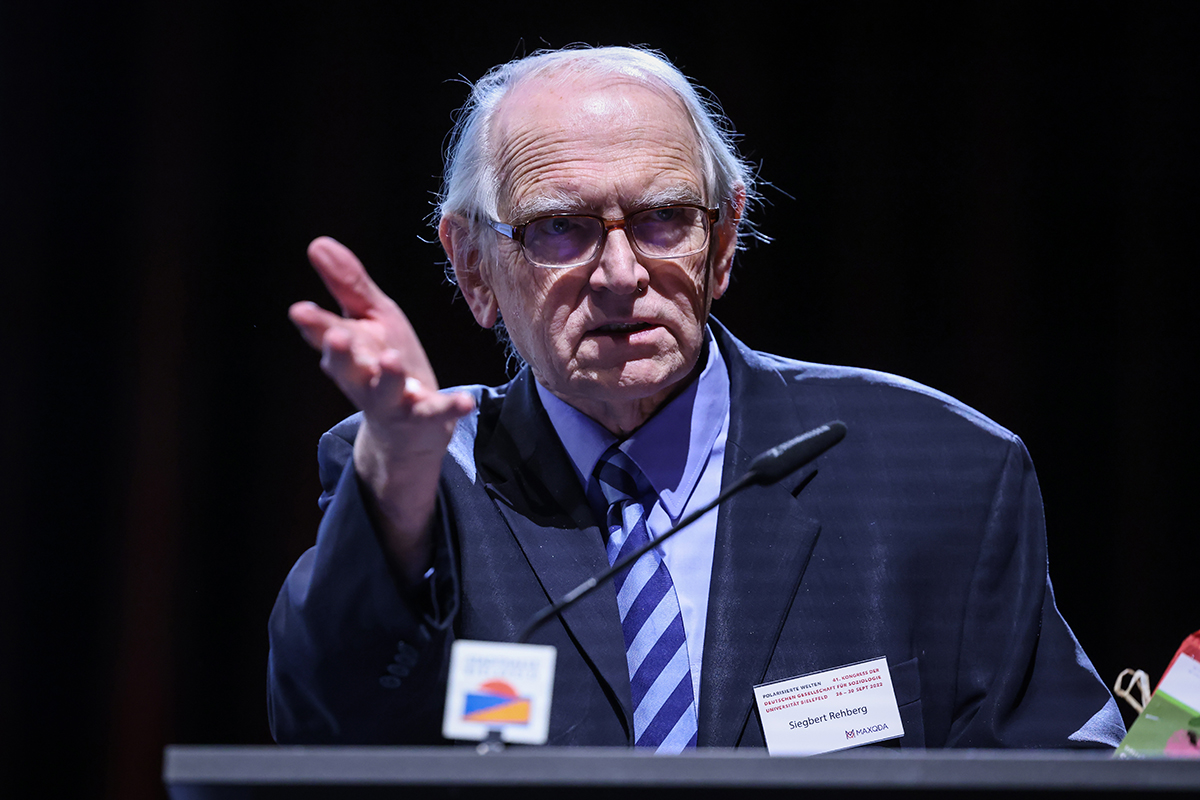
© Sarah Jonek
Professor Dr Karl-Siegbert Rehberg, of the Technical University of Dresden, was honoured with the prize for outstanding achievement in the field of public impact in sociology.
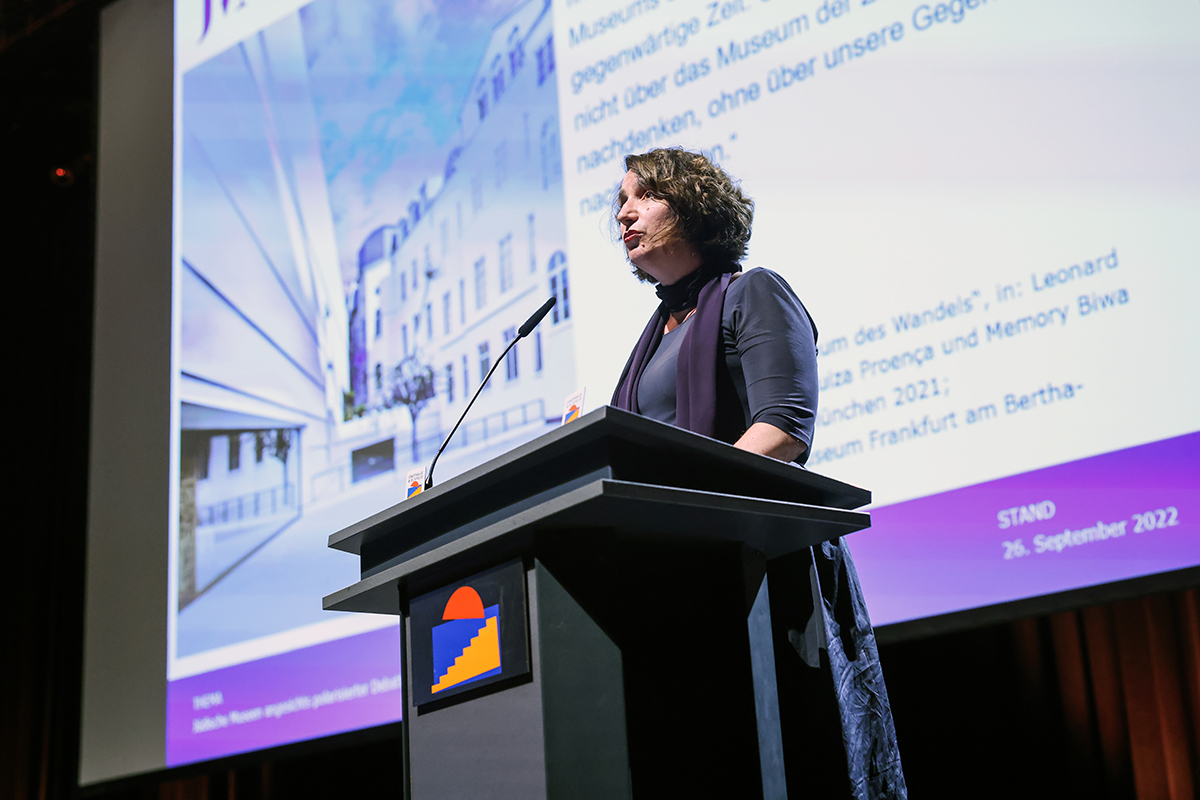
© Sarah Jonek
Professor Dr Mirjam Wenzel, the director of the Jewish Museum in Frankfurt am Main, delivered the keynote lecture during the opening event at Bielefeld City Hall, outlining what museums can contribute to society the future.
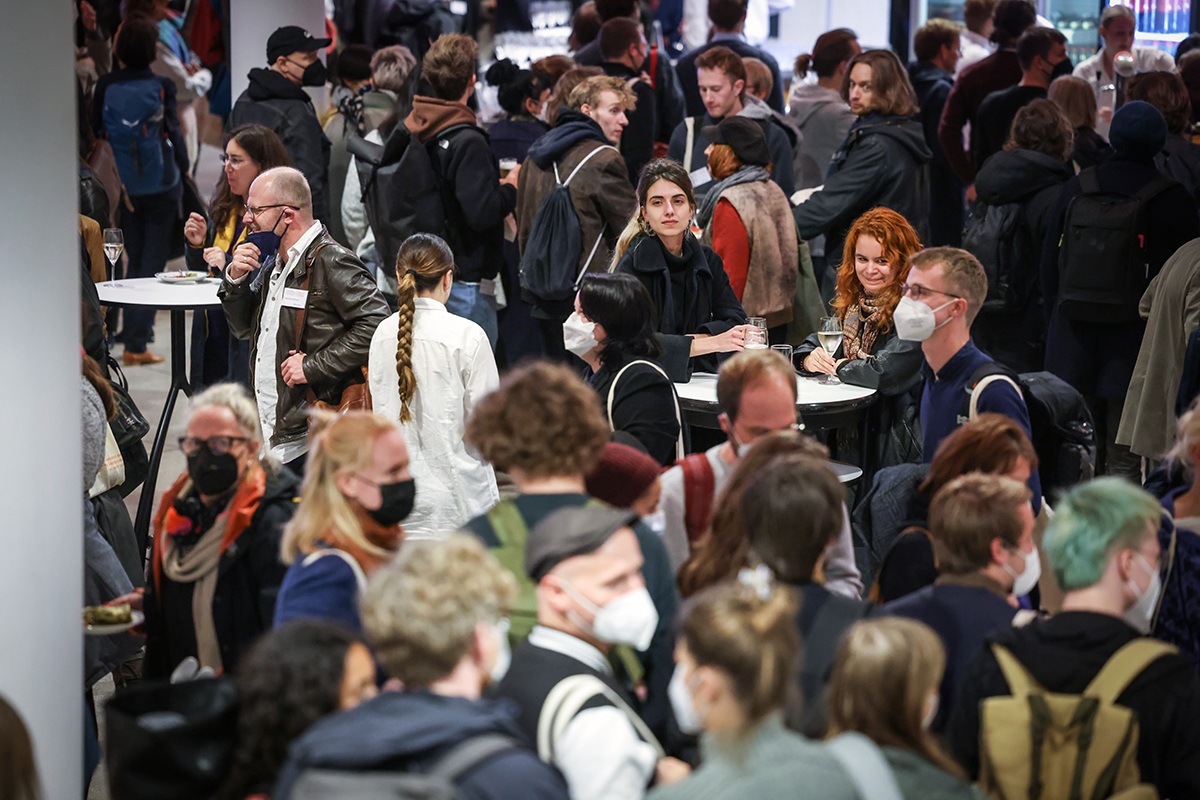
© Sarah Jonek
The official opening event is the first of some 200 sessions at the 41st Congress of the Deutsche Gesellschaft für Soziologie.
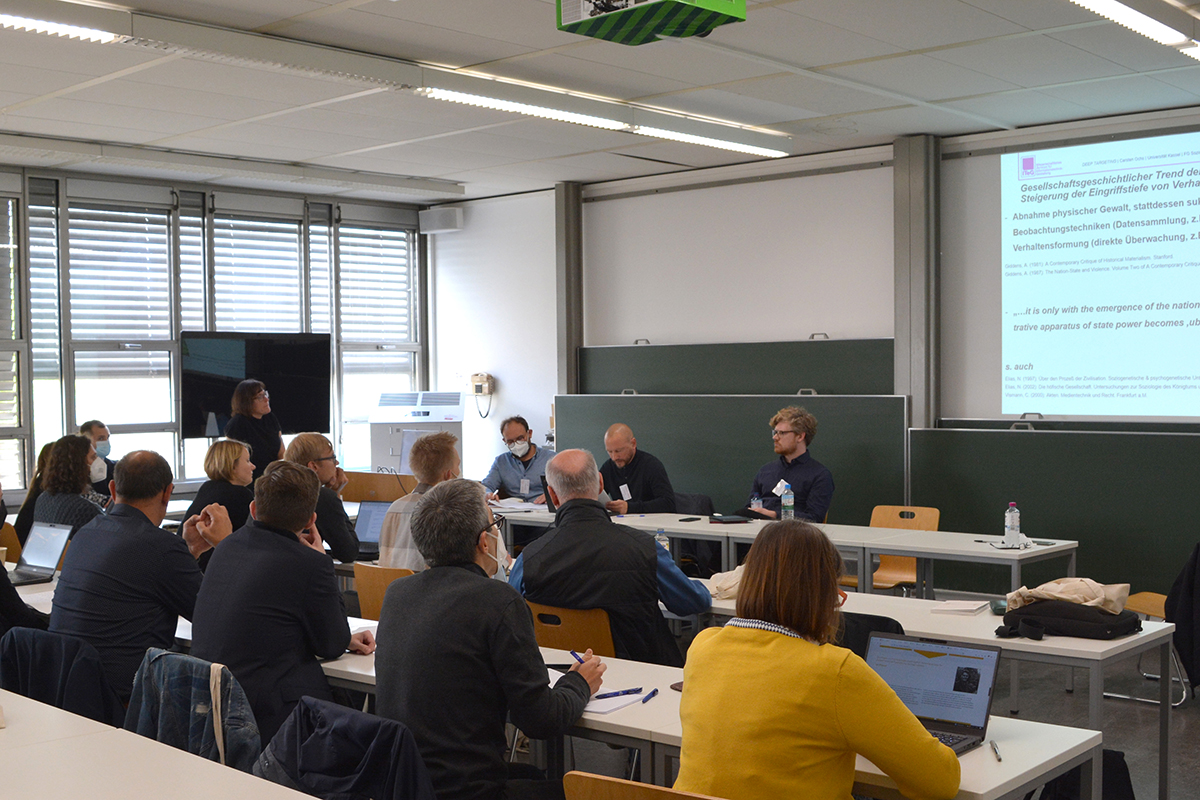
© Bielefeld University
A number of workshops are also included in the conference programme.
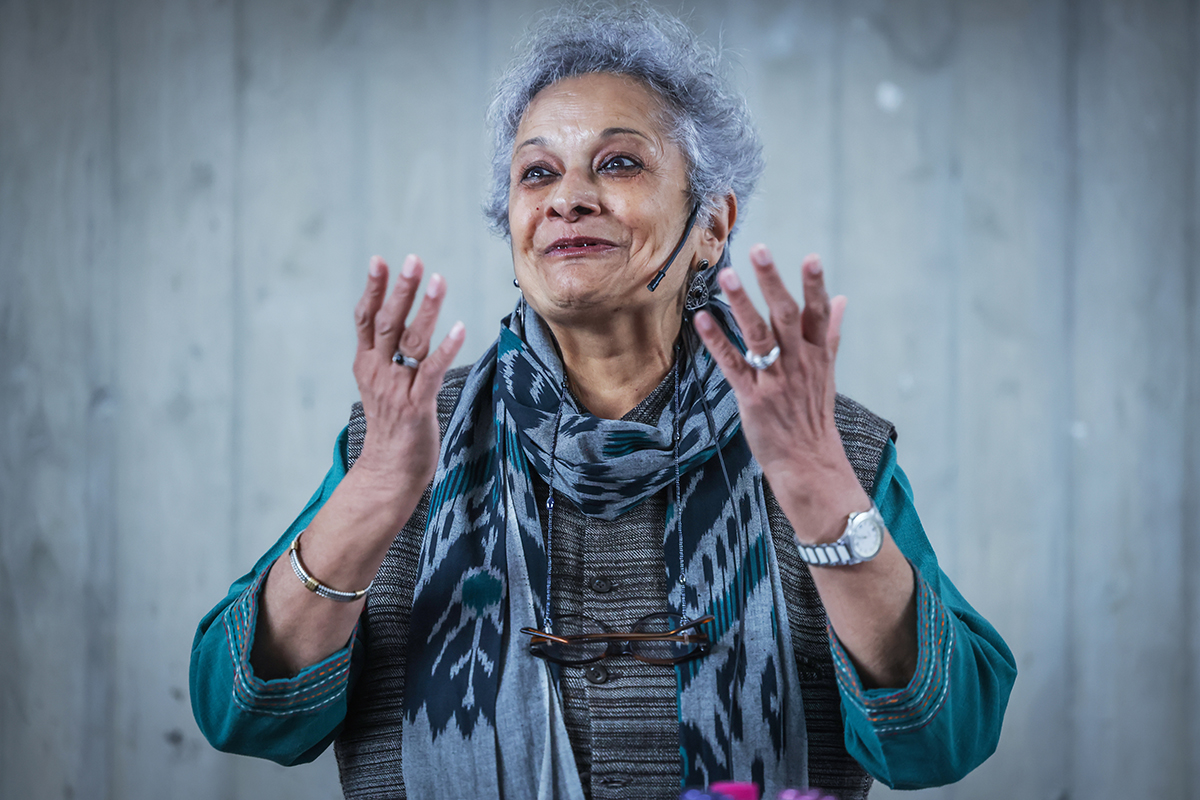
© Sarah Jonek
Speakers include Professor Sujata Patel PhD Sujata Patel of Savitribai Phule Pune University in India, shown here at the lunchtime lecture in the Y Lecture Hall Building.
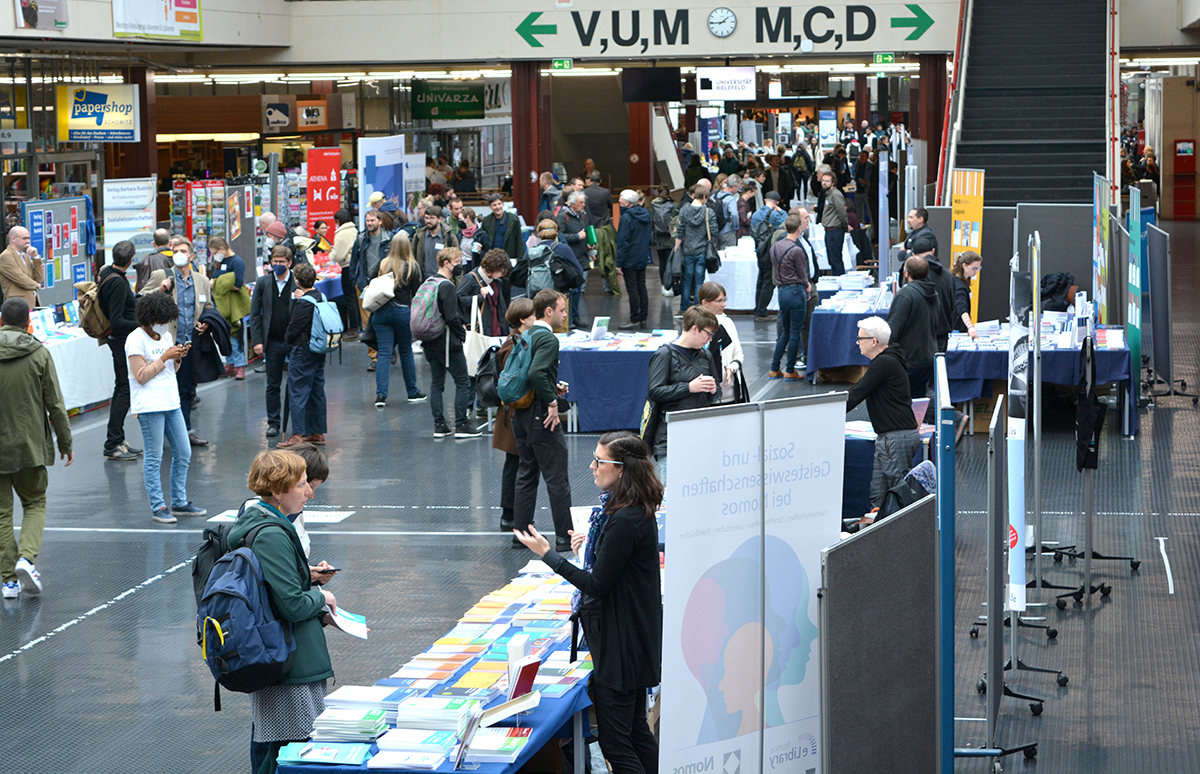
© Bielefeld University
Participants get information from professional and publishing booths in Bielefeld University’s Main Hall.
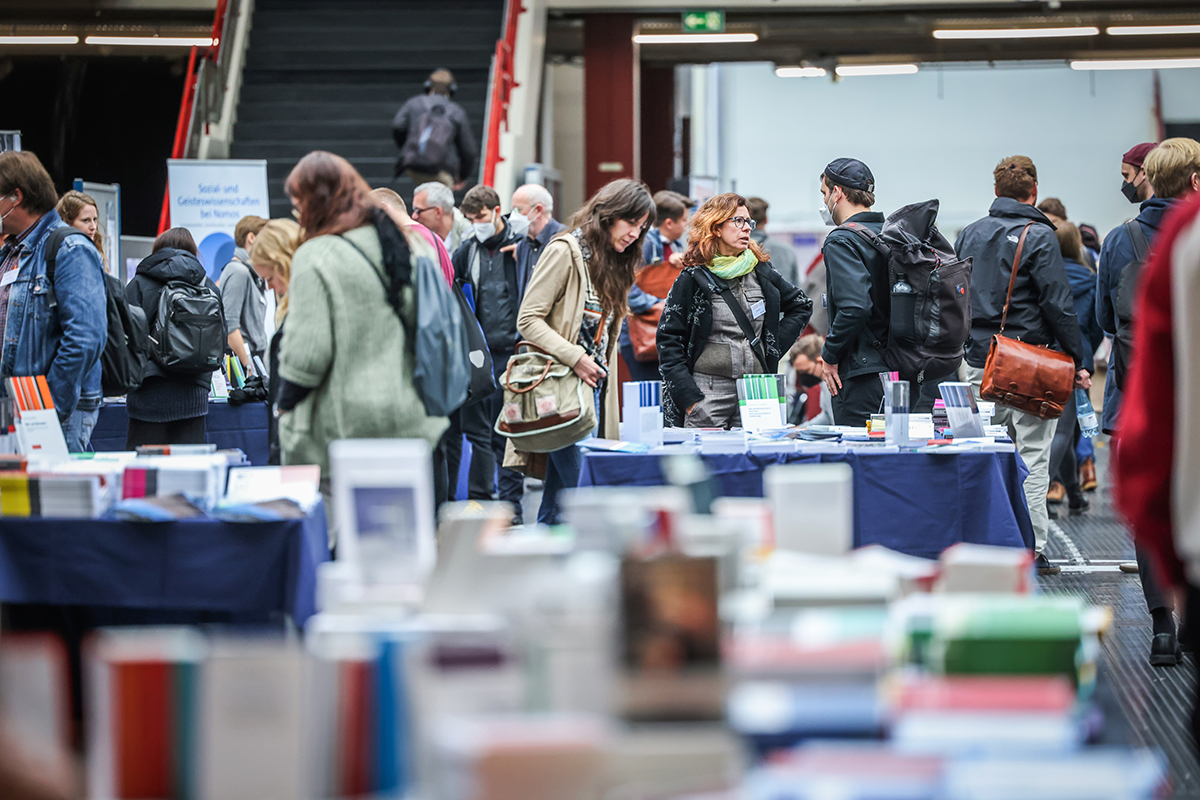
© Sarah Jonek
The exhibition looks a bit like a book fair, with publishers presenting new publications on sociology and related topics.
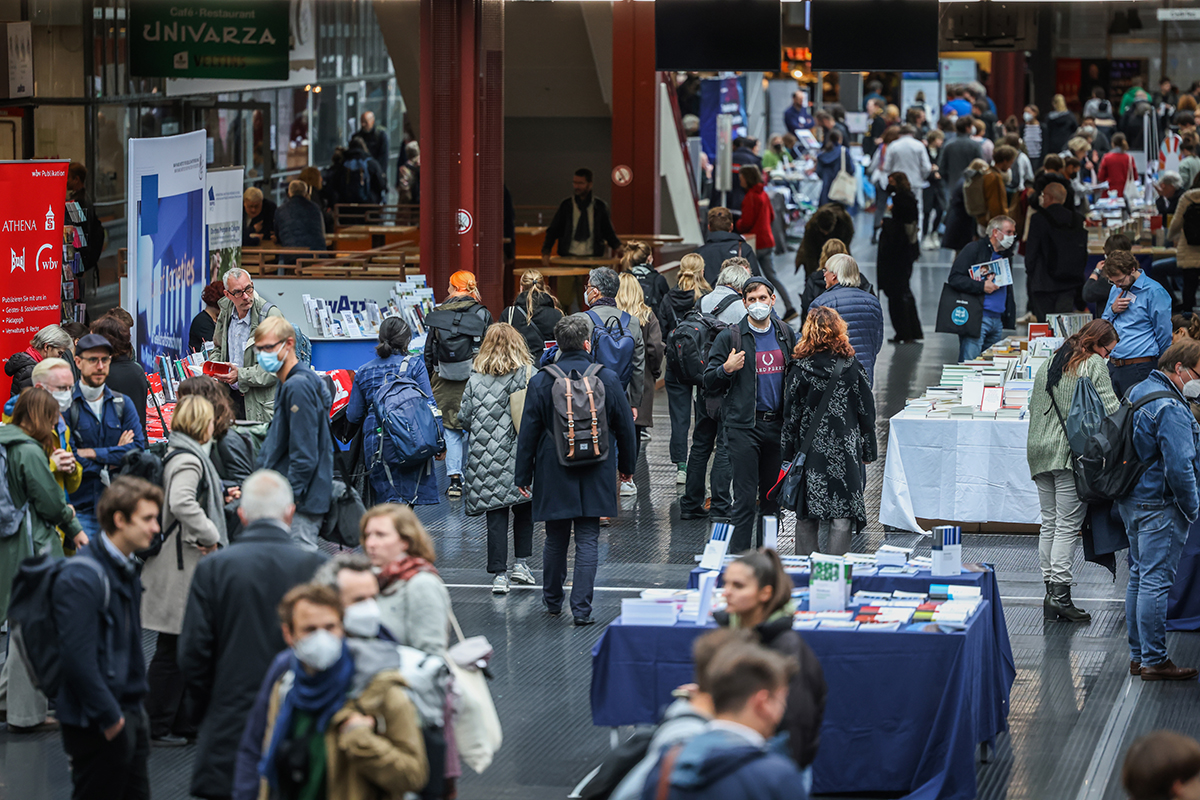
© Sarah Jonek
The professional and publishing exhibition started on Tuesday.
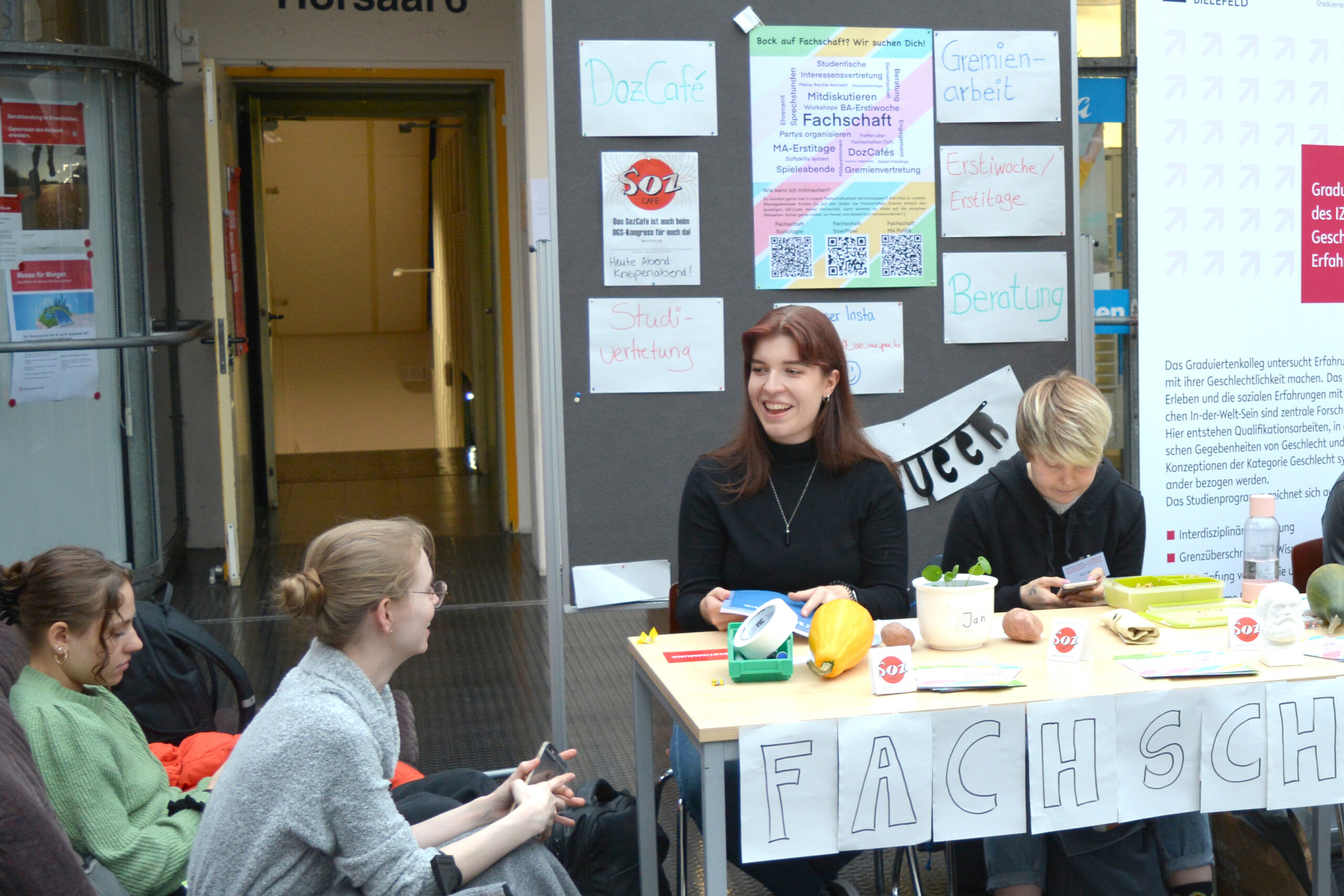
© Bielefeld University
The exhibition also features presentations by the student council of sociology and other university institutes.
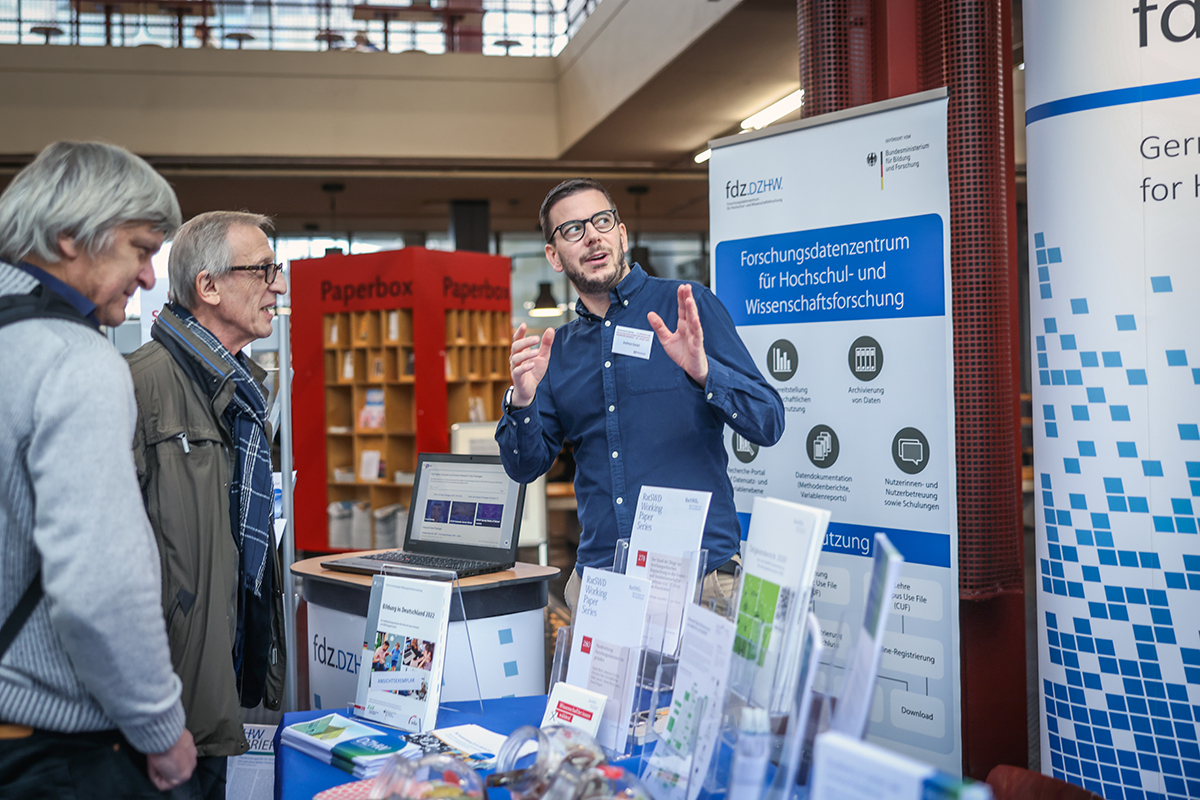
© Sarah Jonek
Institutions such as the German Center for Higher Education and Science Research (DZHW) from Hannover also showcased their work.
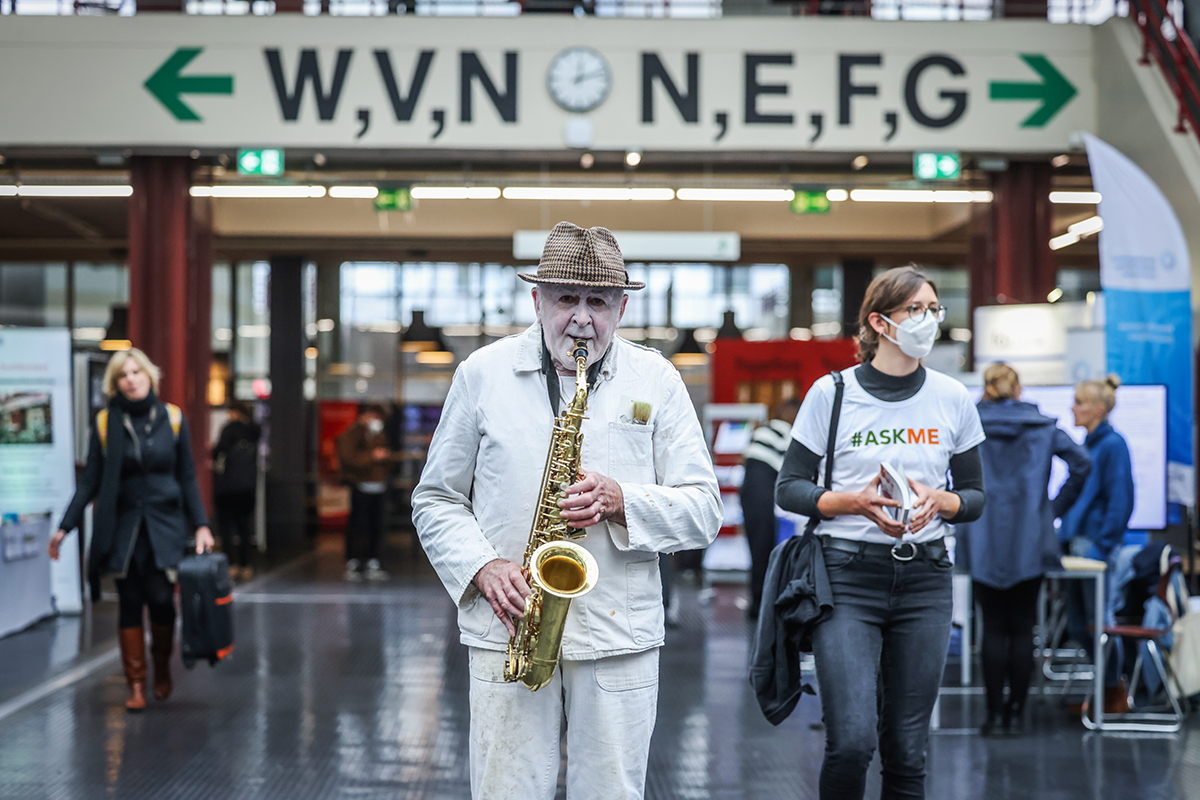
© Sarah Jonek
Participants also enjoyed musical entertainment.
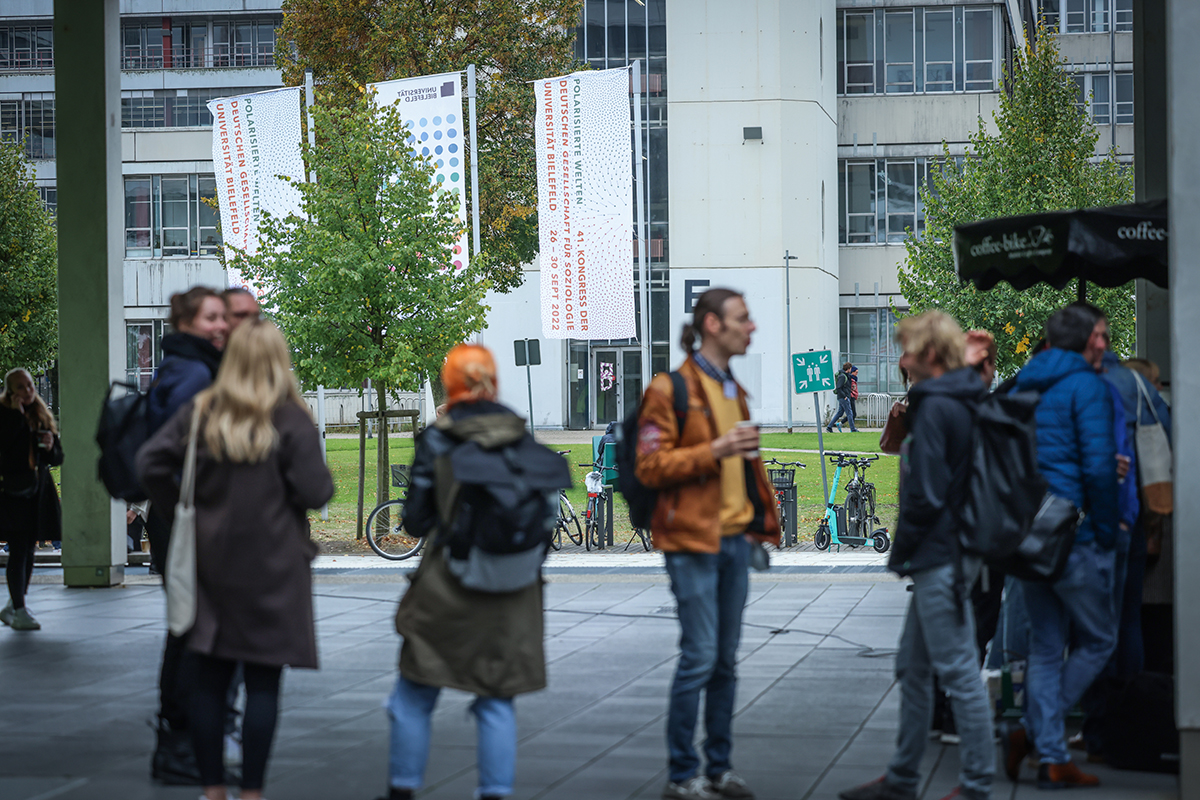
©
This major conference with over 2,500 attendees was held for five days at Bielefeld University.
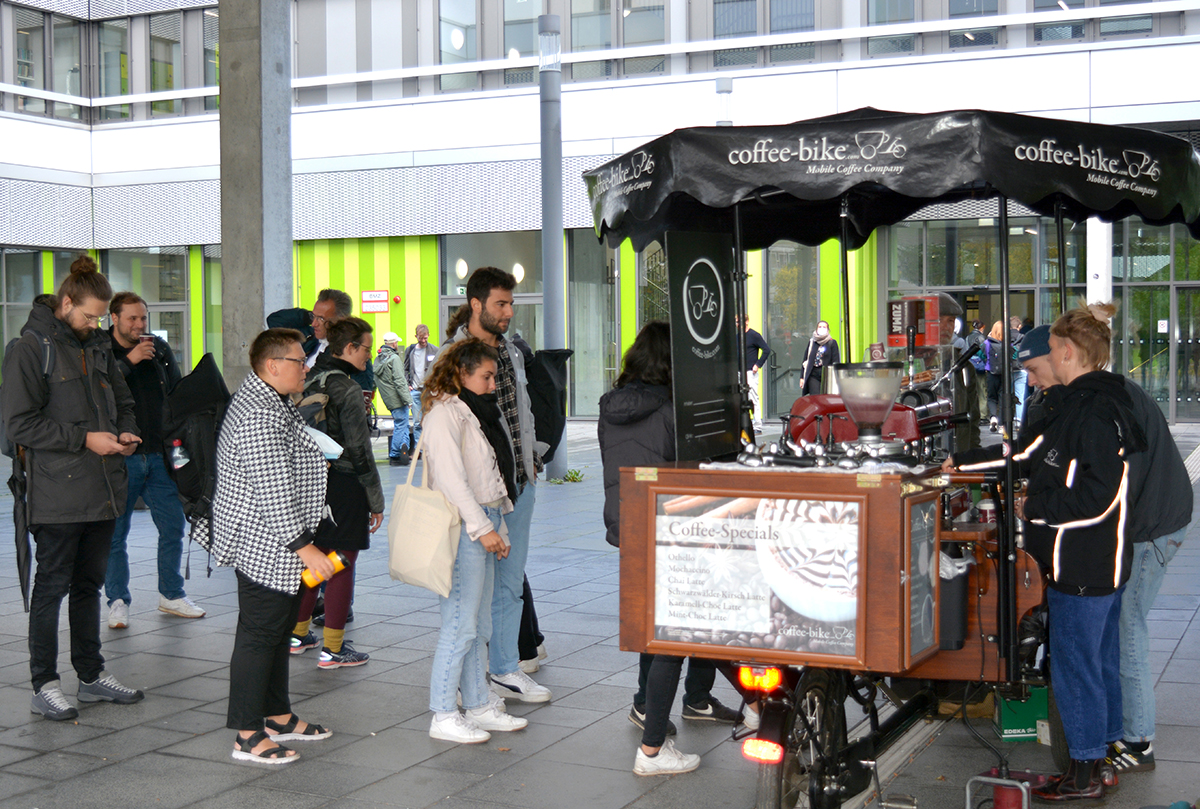
© Bielefeld University
Participants enjoy a coffee break at one of the many refreshment stands, featured here at Building X.
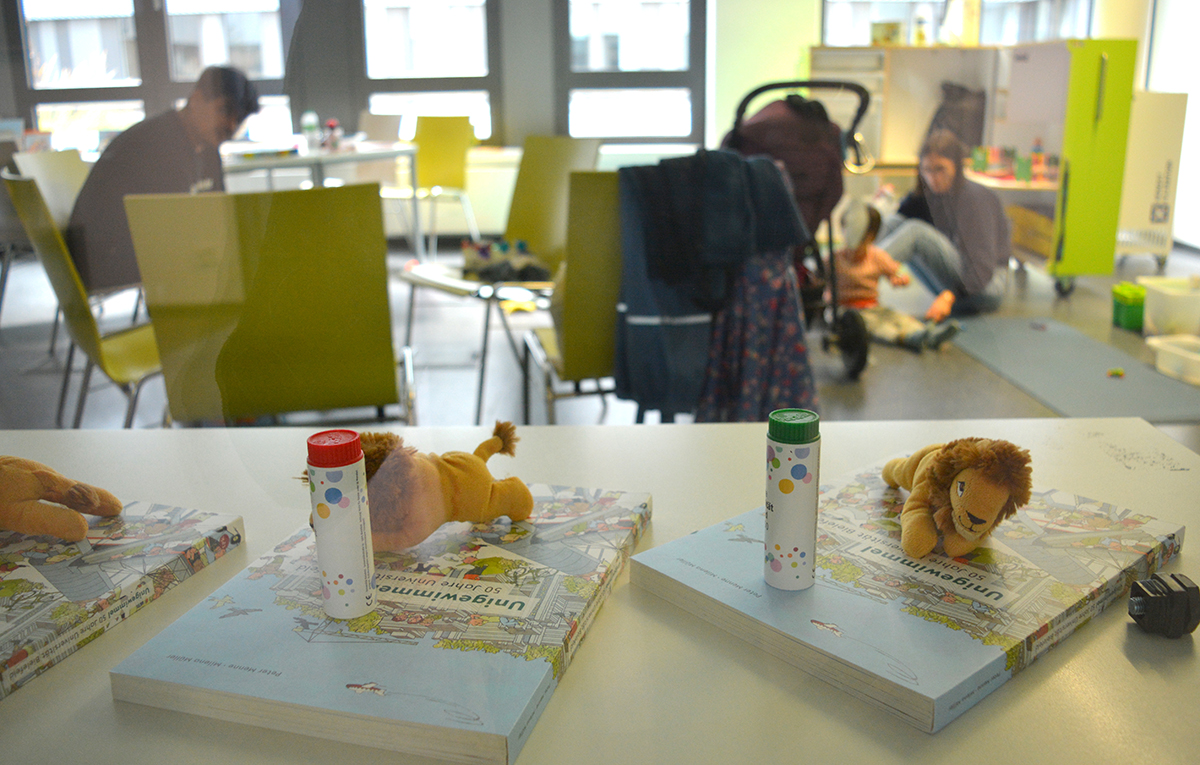
© Bielefeld University
Congress participants enjoy free childcare.
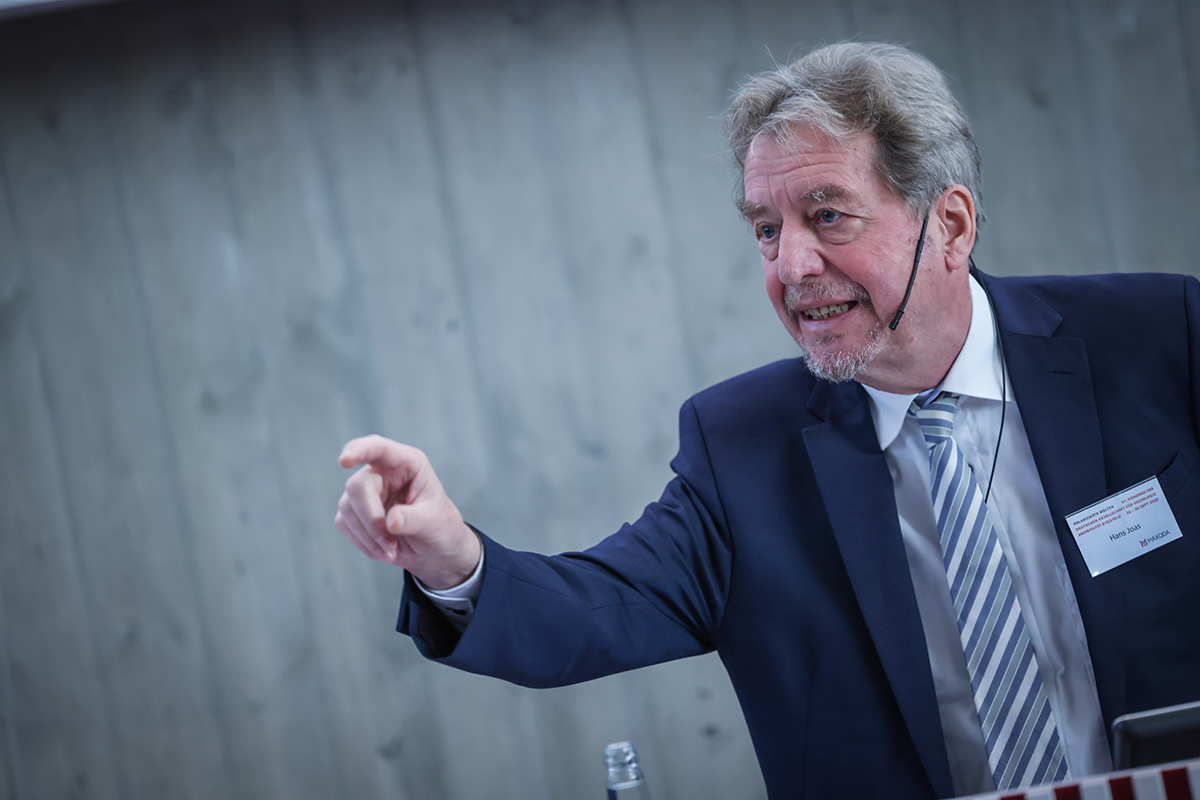
© Sarah Jonek
At the end of the congress, the sociologist and social philosopher Professor Dr Hans Joas was awarded the DGS Prize for lifetime academic achievement.
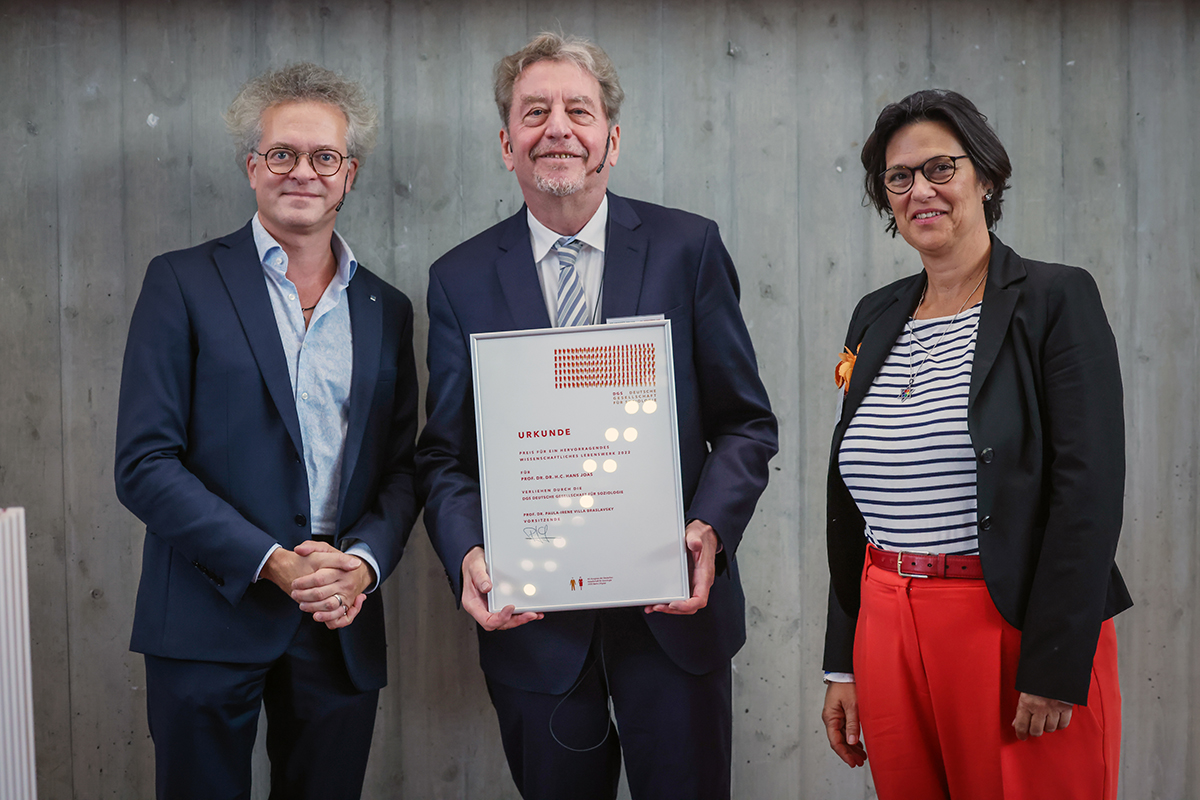
© Sarah Jonek
Professor Dr Stephan Moebius from the University of Graz (left) held the ceremony honoring Professor Dr Hans Joas (center). DGS Chairwoman Professor Dr Paula-Irene Villa Braslavsky (right) presented the award.
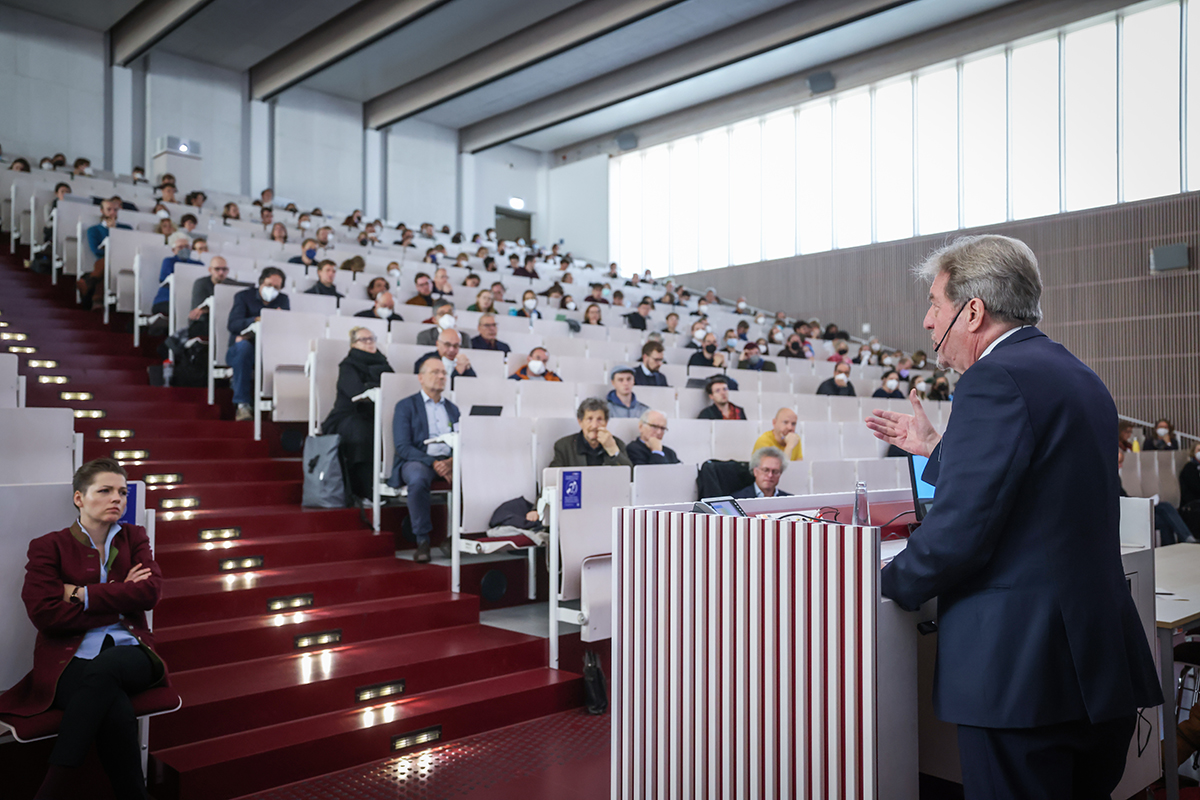
© Sarah Jonek
The final event was held on Friday in the lecture hall of Building Y.
Congress participants include not only sociologists, but also professionals from other disciplines such as education, history, medicine, psychology, law, data science, and digital humanities. The DGS holds a conference every two years.
The Faculty of Sociology at Bielefeld University is serving as a co-host of the Congress. With a total of eleven departments and several interdisciplinary research institutes, Bielefeld University’s sociology faculty is one of the largest social science research and teaching institutions in both Germany and in Europe.




















